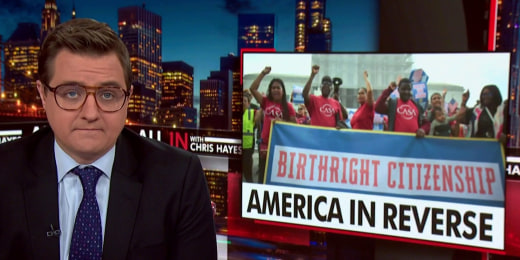Chris Hayes Slams Elon Musk as “The Root Cause of All Damage” to Tesla
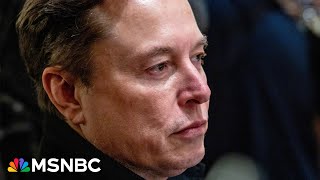
In a recent segment on MSNBC, host Chris Hayes delivered a scathing critique of Tesla’s CEO, Elon Musk, addressing the company’s troubling financial landscape. As Tesla reported an alarming 71% decline in profits during the first quarter of 2025, Hayes didn’t hold back. He highlighted Musk’s unusual attempt to reassure investors by stating that Tesla wasn’t at “the ragged edge of death.” This statement seemed to do little to alleviate concerns about the company’s skyrocketing volatility and questioned Musk’s role in Tesla’s deteriorating brand image.
The Impact of Musk’s Leadership on Tesla’s Financial Stability
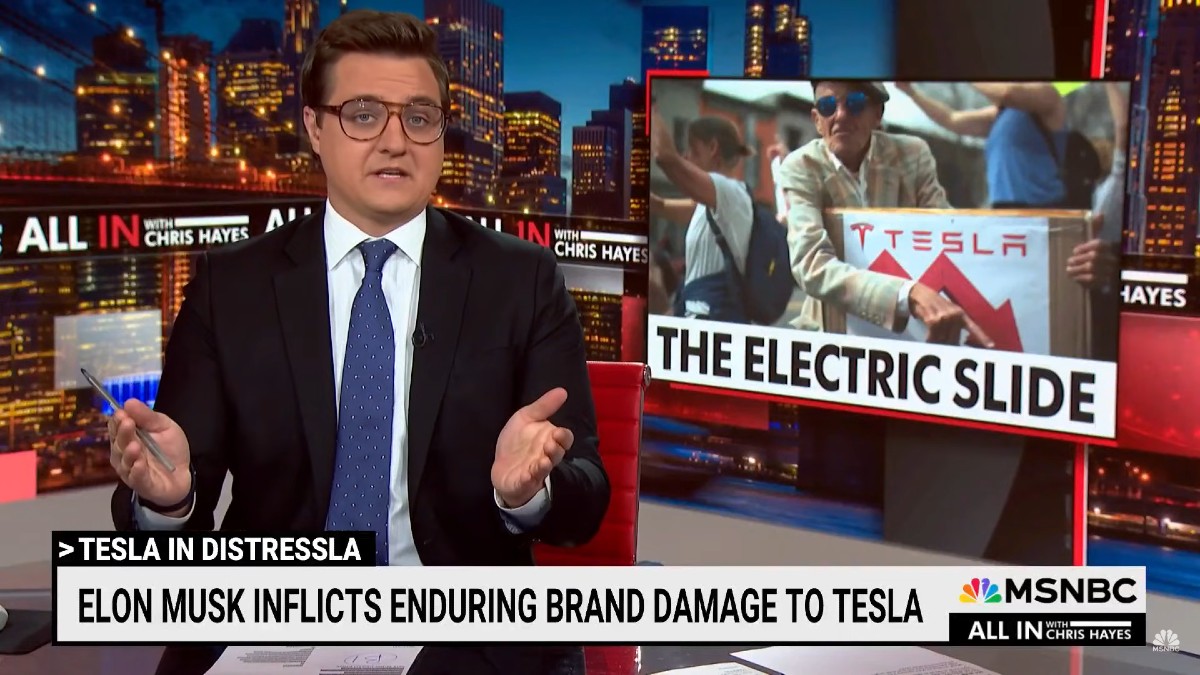
During the earnings call, Musk hinted at prioritizing Tesla over his political engagements. This created a flicker of hope among Tesla enthusiasts, reflected in a rare uptick in stock prices following the grim earnings report. However, Hayes was quick to point out the inconsistencies in public sentiment surrounding Musk. While the data indicates that Musk enjoys significant support among Republican constituents, he has seen a considerable drop in approval from Democratic voters. This demographic shift is particularly concerning for Tesla, as those who are most enthusiastic about electric vehicles are predominantly Democrats—an audience that Tesla needs to cultivate for future growth.
Questionable Promises and Unseen Damages
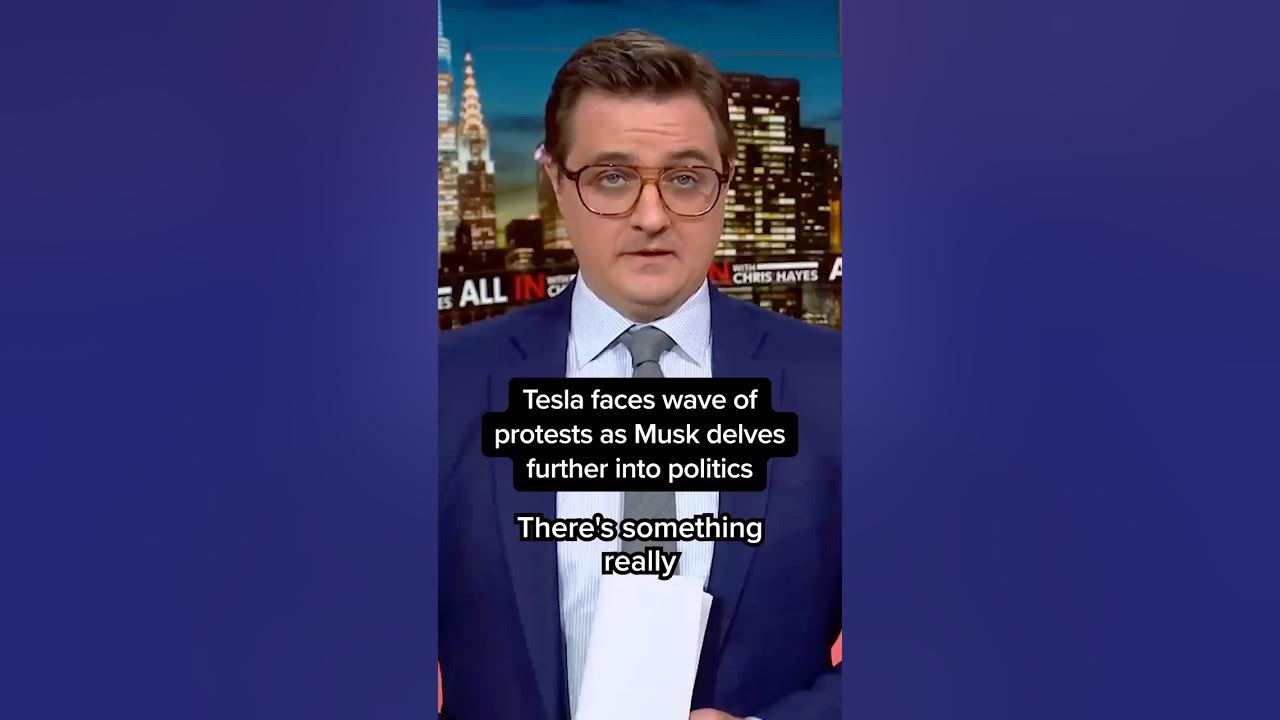
Hayes expressed incredulity at the self-inflicted wounds to Tesla’s reputation under Musk’s leadership, noting that this level of damage is unprecedented in business history. He illustrated this point by mocking Musk’s unrealized promises regarding self-driving technology, which have long been a focal point of Tesla’s marketing strategy. Hayes suggested that Musk’s publicity tactics and erratic behavior have led to a diminished perception of Tesla as a serious automaker, hurting its long-term viability in a highly competitive market.
Consumer Sentiment and Market Implications
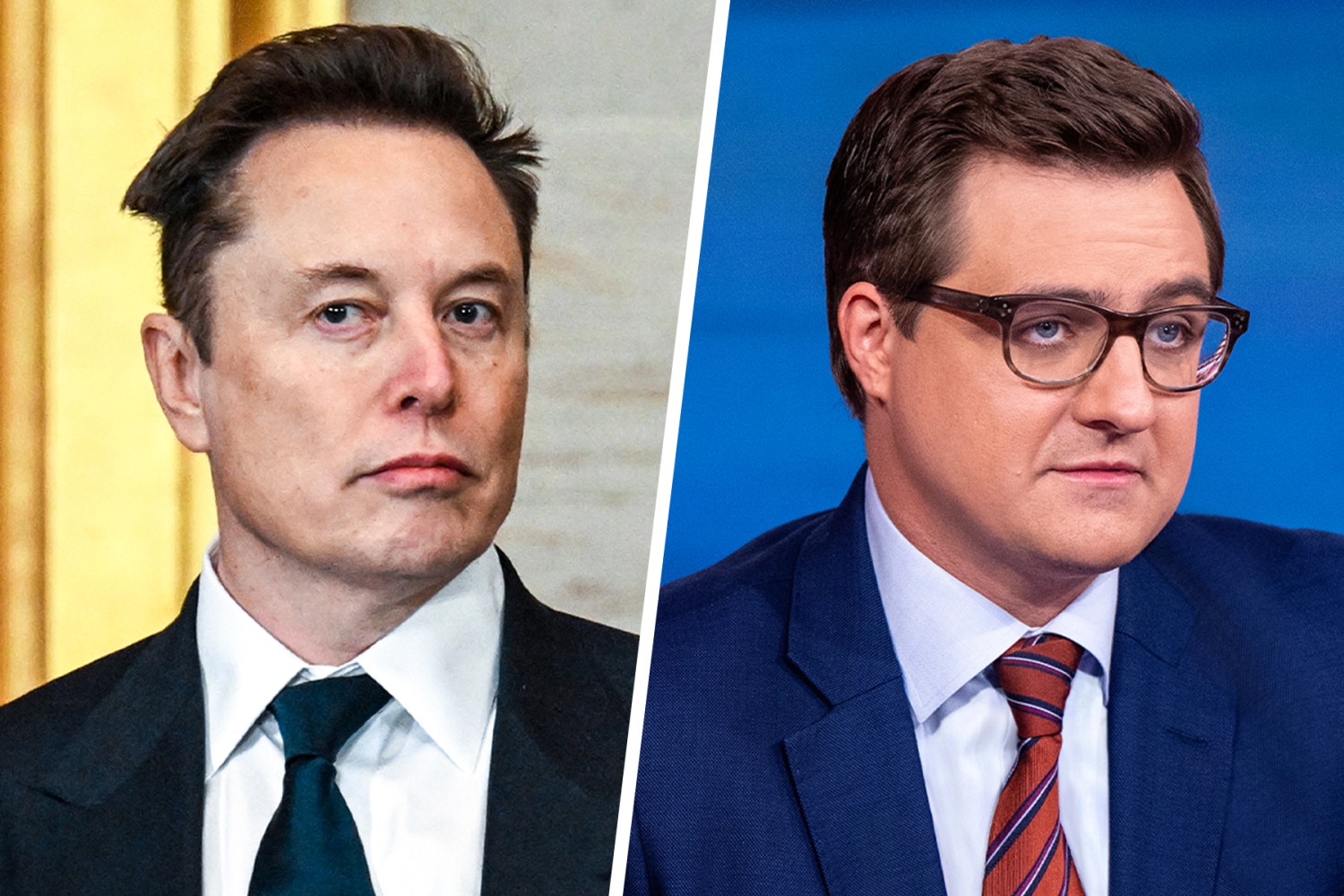
The implications of Musk’s leadership style extend beyond immediate financial metrics—they resonate deeply with consumer sentiment. As public opinion shifts, particularly among potential buyers of electric vehicles, Tesla may struggle to maintain its leading position in the industry. Hayes emphasized that the alienation of a critical consumer demographic could have catastrophic effects on sales and market share. The stakes could not be higher for Musk and Tesla, as the brand’s future hinges on winning back the confidence of consumers who are increasingly wary of Musk’s unpredictable decisions.
In conclusion, Chris Hayes’s pointed remarks regarding Elon Musk serve as a wake-up call for both Tesla’s leadership and its investors. The company is at a critical juncture, and the challenges ahead are formidable. It’s time for Tesla enthusiasts and stakeholders to advocate for more stable leadership that can effectively navigate the changing tides of public sentiment and market demands. If you’re a Tesla investor or fan, staying informed and engaged is crucial—together, we can promote a better future for electric vehicles.
